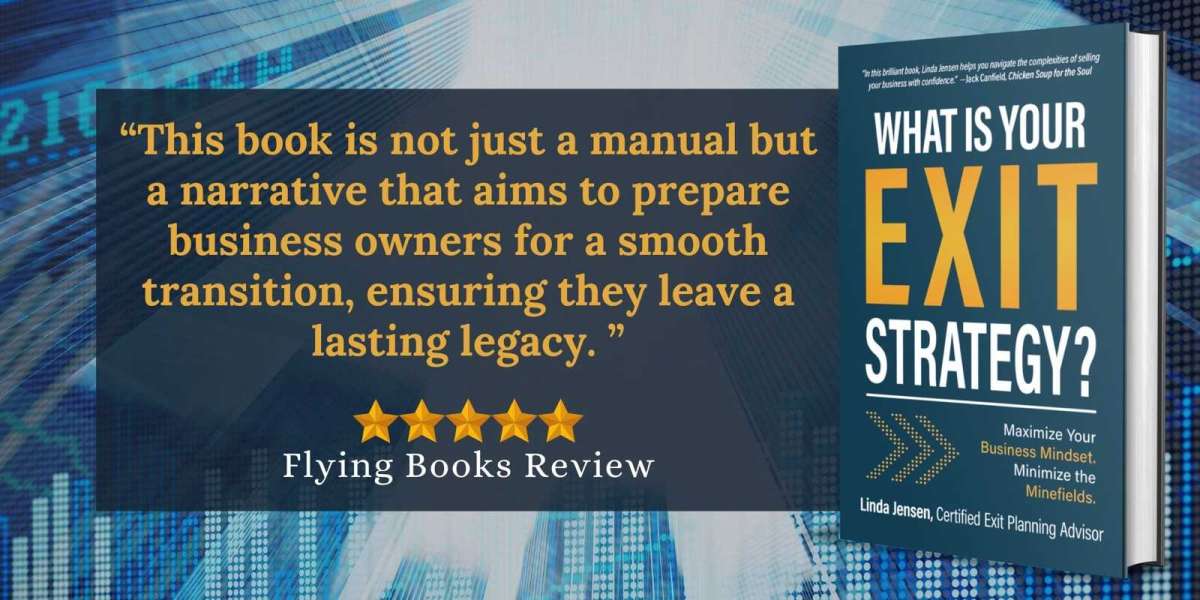When Stars Align in Business: A Seamless Exit Story
In the world of business, things don’t always come together as perfectly as you might hope. But when they do, the results can be remarkable. Take the story of a business owner—let’s call him Great Lakes Bob. One day, out of the blue, Bob walks into a CPA firm and casually inquires about selling his company. That same firm connects him to their top Mergers and Acquisitions (MA) advisor. Just two days later, another business owner—South Bend Bob—contacts the firm, specifically seeking to buy the exact type of business Great Lakes Bob is selling. Three months later, the deal is closed. Everyone wins.
It may sound like something straight out of a fairytale, but this rare sequence of events underscores a simple truth: When a business is well-prepared for sale and the right opportunities align, transitions can happen effortlessly. It’s a clear reminder of the power of preparation. While such serendipitous moments aren’t common, the ability to act swiftly and decisively when the time comes can make all the difference.
The Two Main Paths to Selling Your Business
When it comes to choosing an exit strategy, you typically have two main options: an internal sale or an external one. For many business owners, the first thought is to pass the business down to family members, employees, or partners. However, when these internal options aren’t viable, external sales (also referred to as third-party sales) are often the next step. External sales typically involve selling to one of the following:
• Mergers and Acquisitions (MA) Firms: These firms generate competitive interest in your business, bringing in multiple buyers and maximizing the value of the sale.
• Private Equity Firms (PE): Investors who are focused on growing a business quickly and reselling it for a profit.
• Strategic Buyers: Companies looking to acquire businesses to enhance their own operations, eliminate competitors, or gain new capabilities.
• Family Offices: Wealth management firms that invest in businesses for long-term growth and generational wealth.
• Business Brokers: Similar to real estate agents, brokers facilitate the connection between sellers and buyers, usually with a single offer.
Understanding Your Business’s True Value
One common mistake business owners make is assuming their business is worth a certain amount simply because they need it to be. Buyers, however, aren’t swayed by emotions—they are focused on value.
Take this example: A business owner received an initial offer of $52 million for their company. While tempting, instead of accepting the first offer, they enlisted the help of an MA firm. The result? The final sale price came to $70 million—an $18 million difference. The key takeaway here: A structured process, expert guidance, and negotiation can significantly boost the sale price.
Navigating Earnouts and Transition Periods
In many cases, a business sale doesn’t result in an immediate cash payout. Some deals include earnouts, where the seller agrees to stay on for a specified period to ensure a smooth transition. Earnouts are often tied to financial metrics, such as revenue or earnings. For example, Great Lakes Bob’s earnout period was initially set at 18 months, but he reached his targets in just six months and even earned an extra bonus for staying on longer.
If you’re considering an earnout, ask yourself the following questions:
• Are you open to staying involved in the business after the sale?
• What percentage of the sale price would you be willing to accept in an earnout structure?
• How long are you willing to remain engaged?
Choosing the Right Buyer: What’s Important to You?
Selling your business isn’t just about the financial aspect. It’s also about the future direction of the company, its legacy, and the well-being of your employees. Here are some key questions to ask yourself when evaluating potential buyers:
• Would you prefer all-cash upfront, or are you open to structured payments over time?
• Are you comfortable with the buyer making major changes, such as layoffs or restructuring?
• Do you want to ensure the business operates under a specific vision after the sale?
• Are you okay with the buyer potentially reselling the business in the near future?
• Do you want to provide your employees with the option of ownership in the business?
The Bigger Picture: Start Planning Your Exit Today
Selling a business is a complex, emotional process—and when done correctly, it can be incredibly rewarding. The best thing you can do for yourself is to start preparing early. The more time you have to evaluate your options, strengthen your business, and build a reliable team, the more control you’ll have over your exit strategy.
Consider this: If you had to sell your business tomorrow, would you be happy with the outcome? If the answer is no, it’s time to begin planning.
Remember, your future is in your hands. The sooner you start planning, the more options and opportunities you’ll have when the time comes.
Final Thoughts
Business exit planning is not just about paperwork—it’s about crafting a strategy that reflects your goals, your legacy, and your vision for the future. By approaching the process thoughtfully and strategically, business owners can ensure their exit isn’t just about walking away; it’s about leaving on their terms, with confidence.
Whether your aim is to secure financial stability, preserve your company’s legacy, or ensure a smooth transition, the right exit strategy is essential. By preparing in advance, you can step into the next chapter of your life knowing that your business has been sold on your own terms.
Ready to start planning your business exit? Contact us today for a personalized consultation








